Senegal
After months of closure, schools have reopened Thursday in Senegal.
Unicef had deplored in early October that only one country in three from West and Central Africa has managed to reopen its schools for the start of the school year 2020-2021 on schedule.
Most of the students sitting Thursday in groups under the courtyard of an elementary school in Mbao, a suburb of Dakar, were not wearing masks. On the contrary, in a high school in Yoff, a working class neighborhood of the capital, most were wearing masks.
But these same students passed through the doors of the school without any provision to keep them at a distance from each other.
Four million students, from primary to secondary school, were expected to return to classes, but a number of them delayed their return, a common practice even outside of a pandemic.
Schools were closed in March after the first case of Covid-19 in the country. Only 500,000 students in examination classes had returned to school by June.
Since then, the pandemic appears to have been contained at low levels. Senegal reported 15,744 cases and 326 deaths.
Economic activity, which has been severely affected, is slowly resuming its course. But there is also a slackening of daily vigilance.
"We have defined a health protocol with the Ministry of Health for the compulsory wearing of masks - except in preschool - hand washing, physical distancing," Ministry of Education spokesman Mohamed Moustapha Diagne said.
The authorities also assured that masks and gel would be transported for schools to remote localities.
"We have not yet received a supply of masks and hydro-alcoholic gel," an official of the school in Mbao said anonymously.
"Until last night, some schools in inland localities had not received their equipment in masks and gel," said a teacher union official, Abdoulaye Ndoye.
The start of the school year is also undermined by a financial dispute between private schools, which accommodate nearly a third of students, and parents.
Private schools demanded that parents pay for two to three months of schooling between April and June. Some parents reported in the press that they did not owe anything because classes were closed.
"We recommend discussion between the schools and the families," said the ministry spokesman, assuring that the ministry had "no legal basis to intervene".
"Only the state can settle this issue. It must have the political courage to do so," replied trade unionist Ndoye.




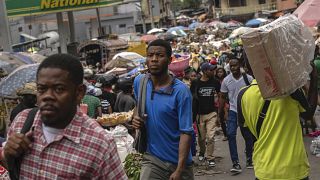
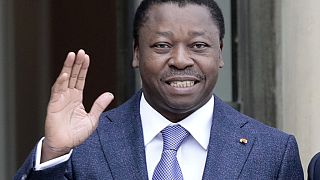
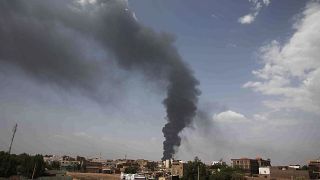
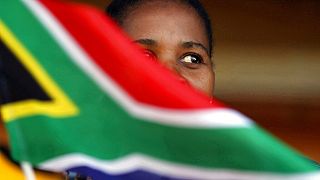
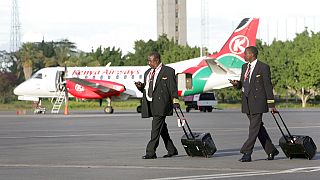

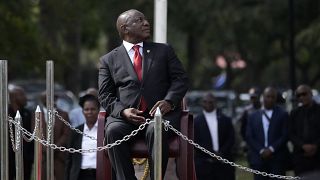
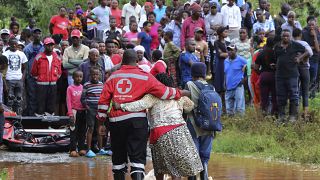
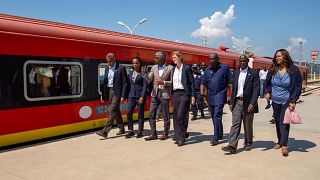
Go to video
5 African countries with the highest Schengen visa rejection rates
02:20
Senegal: In some classrooms, deaf and hard-of-hearing pupils now study alongside everyone else
01:11
Senegal names new government in first test for Faye's promised radical reforms
01:01
Senegal marks 64 years of independence
01:14
Senegal: President Diomaye Faye appoints Ousmane Sonko as prime minister
00:38
Senegal swears in former opposition figure Bassirou Diomaye Faye